Update: Please note the change in venue due to high degree of interest in the talk – Shelley Lecture Theatre (Poole House)
We would like to invite you to the latest research seminar of the Centre for Games and Music Technology Research.
Title: Art, War and Peace
Speaker: Nigel Osborne
Composer
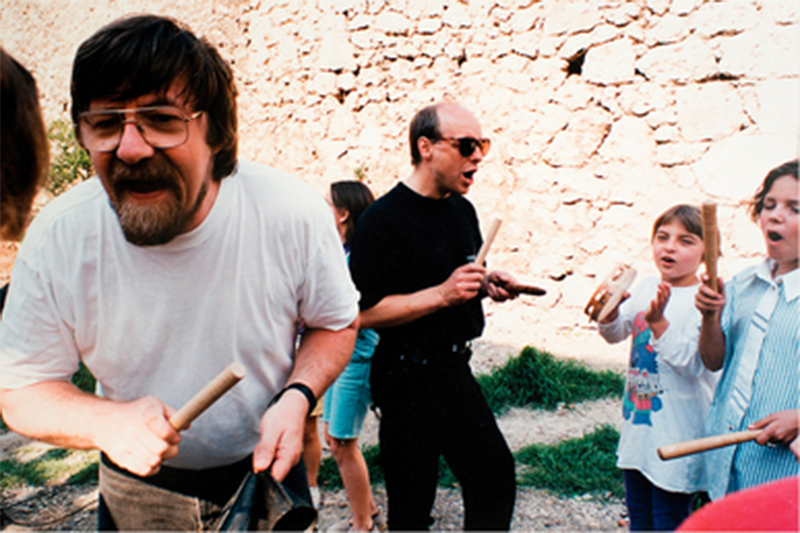
Time: 2:00PM-3:00PM
Date: Wednesday 25 April 2018
Room: Shelley Lecture Theatre (Poole House)
Abstract:
The presentation begins with an overview of the relationship between art, war and peace, from Sun Tzu and Ancient Greek and Chinese celebration of war in art to the war poets and musicians of the First and Second World Wars, and then on to the work of activists such as Janusz Korczak (Henryk Goldszmit) in the Warsaw Ghetto and Friedl Dicker-Brandeisova in Terezin (Theresienstadt).
The presentation then examines three case studies in detail, including film and Audio clips – 1. art as opposition to conflict (The Cellist of Sarajevo, the Obala Gallery) 2. art in reconciliation (the case of a young musician who re-united the young people of a city divided by war) 3. art as trauma therapy (a group of children in Syria, a group of abused women in Bosnia)
Biography:
Nigel Osborne MBE BA BMus (Oxon) DLitt FRCM FEIS FRSE, Emeritus Professor of Music and Human Sciences at the University of Edinburgh is a composer, teacher and aid worker. His works have been performed around the world by major orchestras and opera houses, such as the Vienna Symphony, Los Angeles Philharmonic, Berlin Symphony, Glyndebourne and the Royal Opera House. He has received, among many awards, the Netherlands Gaudeamus Prize, the Opera Prize of the Radio Suisse Romande and Ville de Geneve and the Koussevitzky Award of the Library of Congress Washington. He also works in popular music, theatre and film and has a special interest in Arabic, Indian and Chinese music.
He studied composition at Oxford with Egon Wellesz, the first pupil of Arnold Schoenberg, and in Warsaw with Witold Rudzinski, and worked in major studios such as the Polish Radio Experimental Studio and at IRCAM in Paris. He has worked as a sailor, school teacher, health worker, aid worker and university teacher, holding a lectureship and Special Professorship at Nottingham University (1978-1987), the Reid Chair and Dean of the Faculty of Music at Edinburgh University (1989-2012), a guest Senior Professorship (C4) at the University of Hannover (1996-98) and Head of Faculty for the Vienna-Prague- Budapest Summer Academy (ISA) (2007-2014). He is currently Professor Emeritus at Edinburgh University, visiting Professor in the Drama Faculty of Rijeka University, Consultant to both the Chinese Music Institute, Peking University and the Royal Conservatoire, Bangkok, and has worked as visiting lecturer and examiner in a wide range of universities, ranging from Harvard, UCLA and CalArts to Oxford, the Sorbonne and Bologna.
As a teacher he has worked at all levels of learning, from nursery education to postdoctoral supervision, and continues to work in special education development in places as diverse as Scotland, Sweden, Croatia and India. He was awarded both the Queen’s Prize and Music Industry Prize for innovation in education, and was recently made Honorary Fellow of the Educational Institute of Scotland.
He has pioneered methods of using music and the creative arts to support children who are victims of conflict. This approach was developed during the war in Bosnia-Herzegovina (1992-95), and since then the work has been implemented widely in the Balkan region, the Caucasus (Chechnya), the Middle East (Palestine, Syria and Lebanon), East Africa and South East Asia. He was also awarded the Freedom Prize of the Peace Institute, Sarajevo, for his work for Bosnian children during the siege of the city.
He has worked actively in many human rights initiatives, including the Committee for the Defence of the Workers in Poland (1970-89), Citizens’ Forum (with Vaclav Havel) in former Czechoslovakia (1987- 89), for Syrian refugee support organisations and directly for the Government of Bosnia- Herzegovina during the genocide.
He is advisor to Oliver Sachs’ Institute for Music and Neurologic Function at Beth Abraham Hospital, The Bronx, NYC, and in 2012-14 served as co-Chair of the Global Agenda Committee for Arts in Society for the World Economic Forum.
In recent months he has been working on an opera/film with Ulysses Theatre and Paradiso Films on the Cambridge spies, a musical/ecological work for Khazanah, Kuala Lumpur, a cantata based on the experiences of refugees and on an orchestral version of the Beatles’ Sgt Pepper, to mark the 50th anniversary of the issue of the album (June 2017).
Nigel is working with Opera Circus on a new chamber opera, Naciketa, with libretto by Ariel Dorfman. The premiere will be at the Queen Elizabeth Hall, Southbank London in May 2020.
In December 2017 Nigel Osborne was presented with the British Composer Award UK for Inspiration (in association with the Music Publishers Association) by Opera Circus Artistic Director, Tina Ellen Lee.
We hope to see you there.
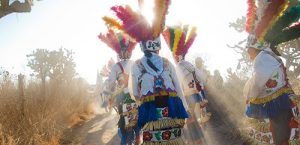 adline: Wednesday 30 May 2018 (17.00 UK Time)
adline: Wednesday 30 May 2018 (17.00 UK Time)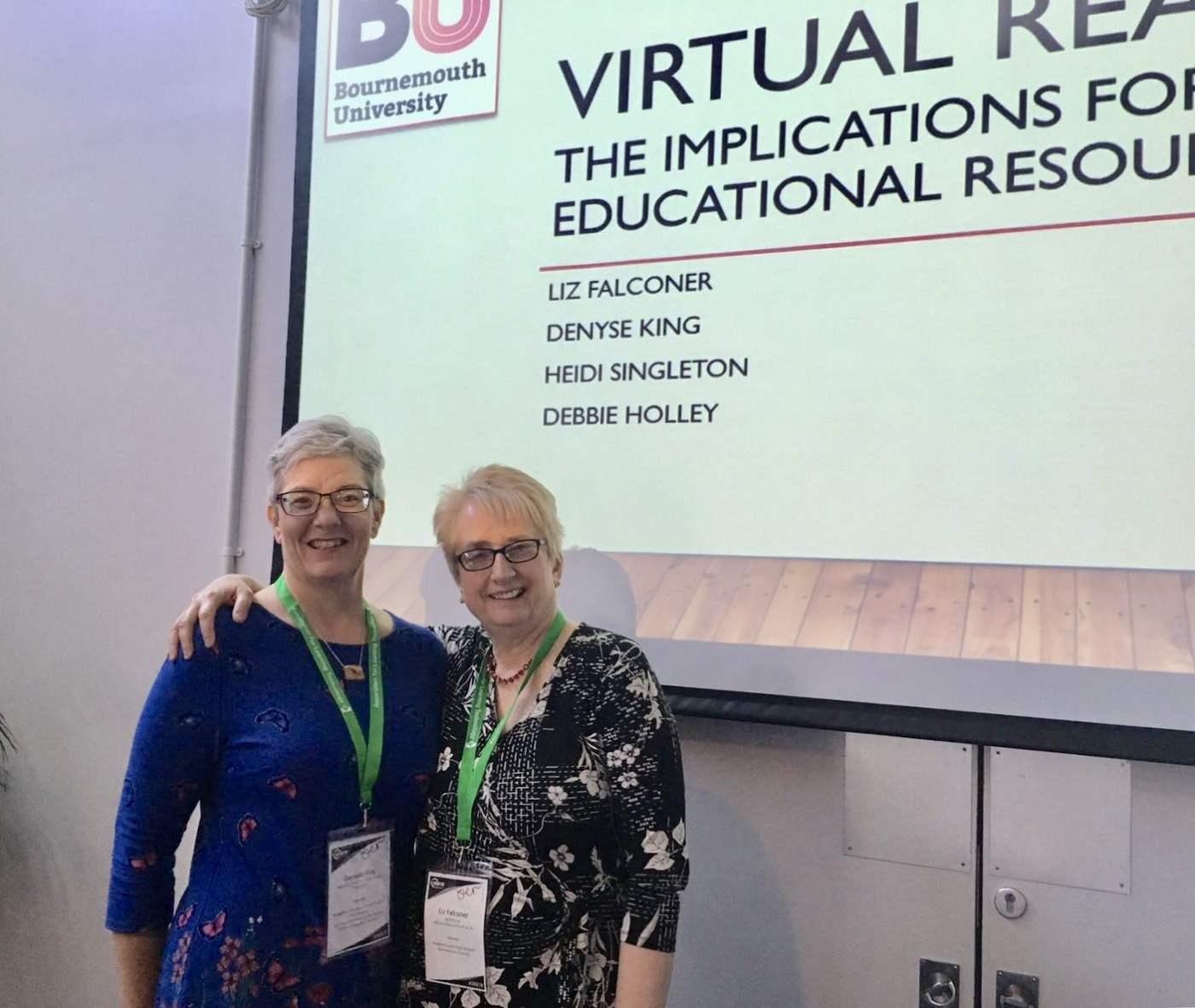

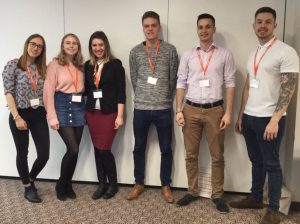
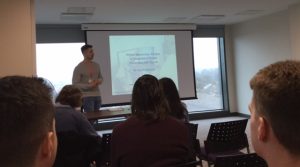
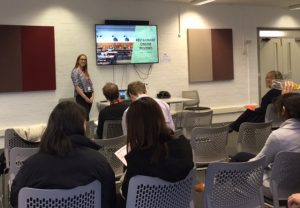
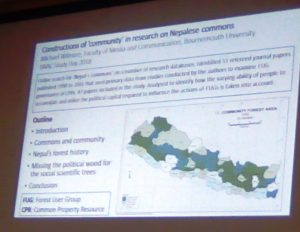
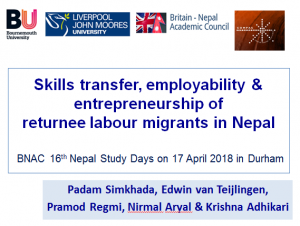
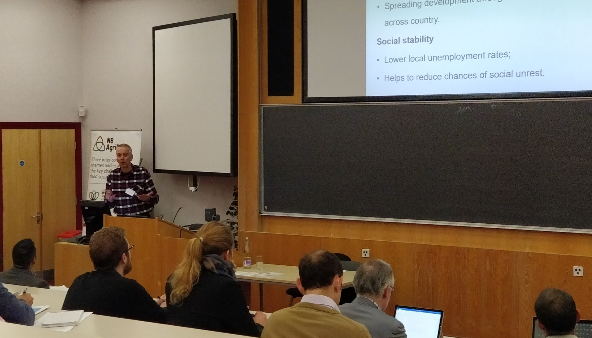

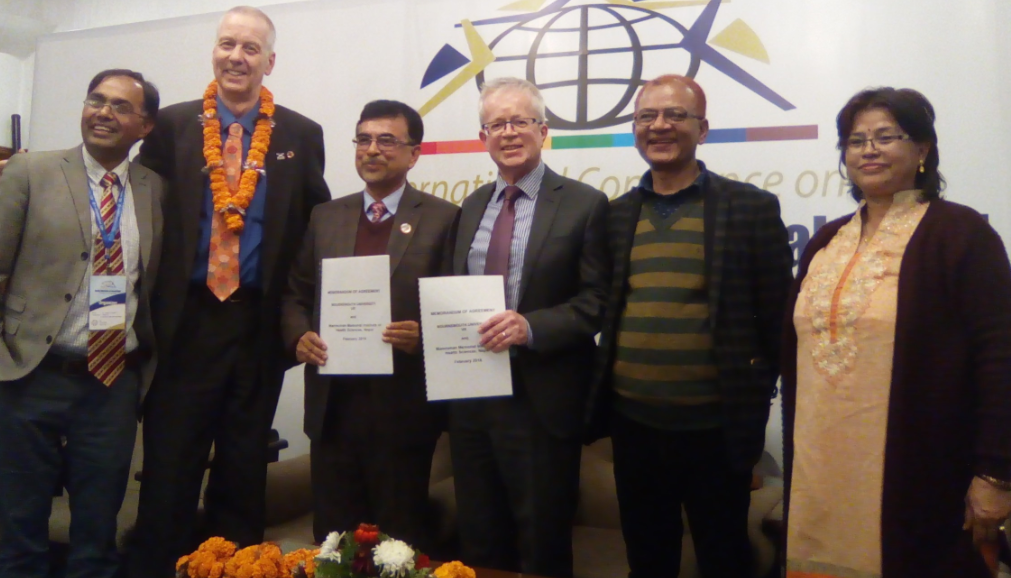



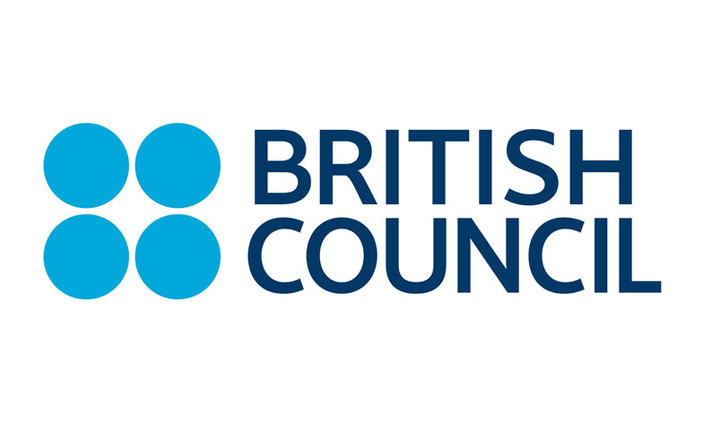

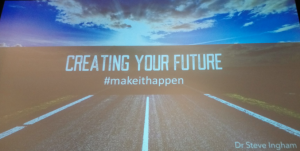
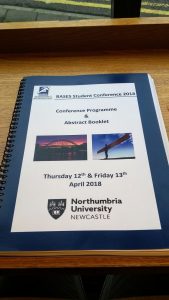

 #TalkBU is a monthly lunchtime seminar on Talbot Campus, open to all students and staff at Bournemouth University and free to attend. Come along to learn, discuss and engage in a 20-30 minute presentation by an academic or guest speaker talking about their research and findings, with a Q&A to finish.
#TalkBU is a monthly lunchtime seminar on Talbot Campus, open to all students and staff at Bournemouth University and free to attend. Come along to learn, discuss and engage in a 20-30 minute presentation by an academic or guest speaker talking about their research and findings, with a Q&A to finish. 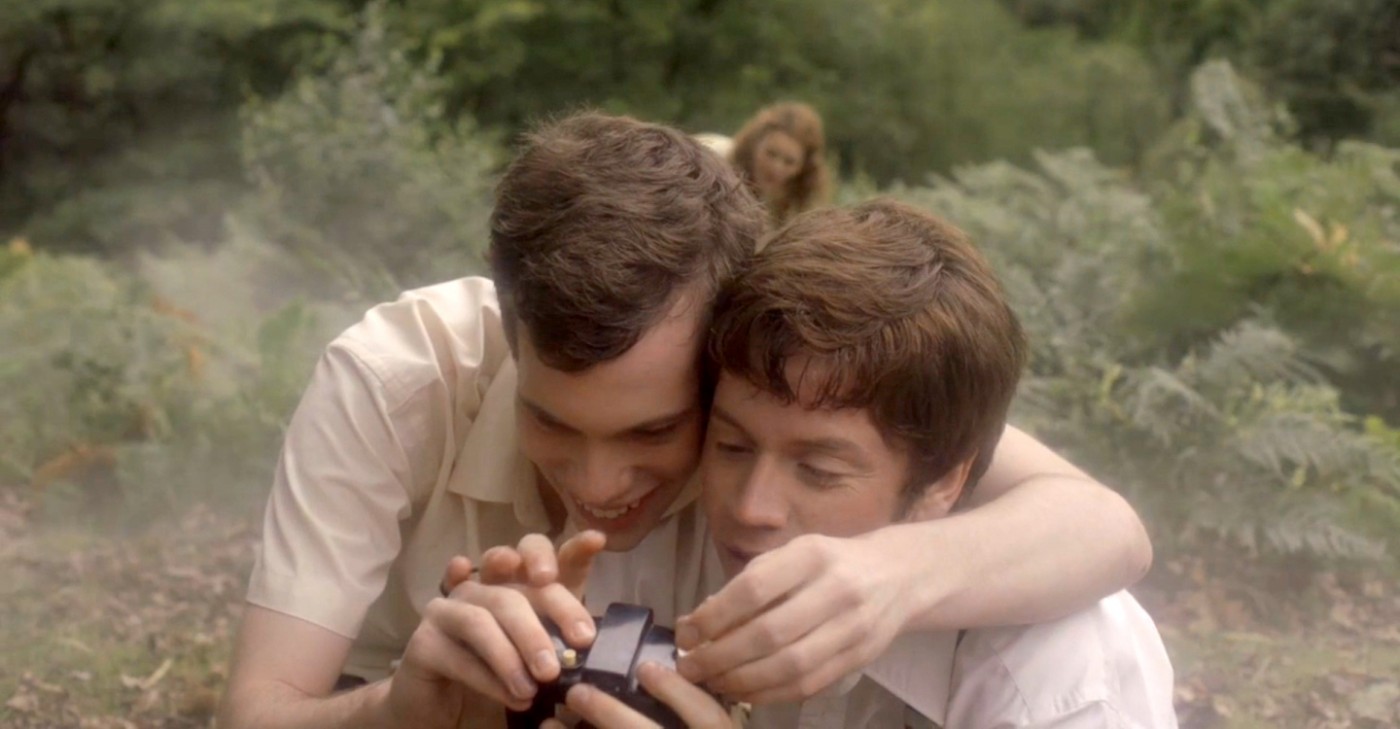
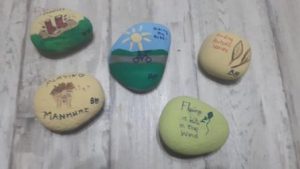 An exciting new research project will be launched this Saturday and the team is getting ready. Last November during the ESRC Festival young people told us what they liked doing outdoors. Next Saturday the research team from across BU will be releasing the top ten favourite things that young people enjoyed outdoors on a rock drop in partnership with Bournemouth Rocks. Young people can find out the results of our research and help develop our study by logging their finds and sharing their use of green space with the research team – Dr Holly Crossen-White, Dr Nathan Farrell and Dr Angela Turner-Wilson. The Rock Drop site will be released on Friday on social media
An exciting new research project will be launched this Saturday and the team is getting ready. Last November during the ESRC Festival young people told us what they liked doing outdoors. Next Saturday the research team from across BU will be releasing the top ten favourite things that young people enjoyed outdoors on a rock drop in partnership with Bournemouth Rocks. Young people can find out the results of our research and help develop our study by logging their finds and sharing their use of green space with the research team – Dr Holly Crossen-White, Dr Nathan Farrell and Dr Angela Turner-Wilson. The Rock Drop site will be released on Friday on social media 
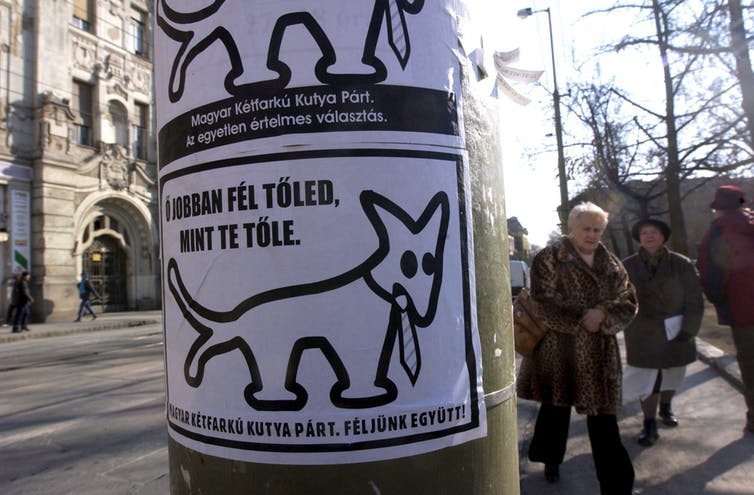
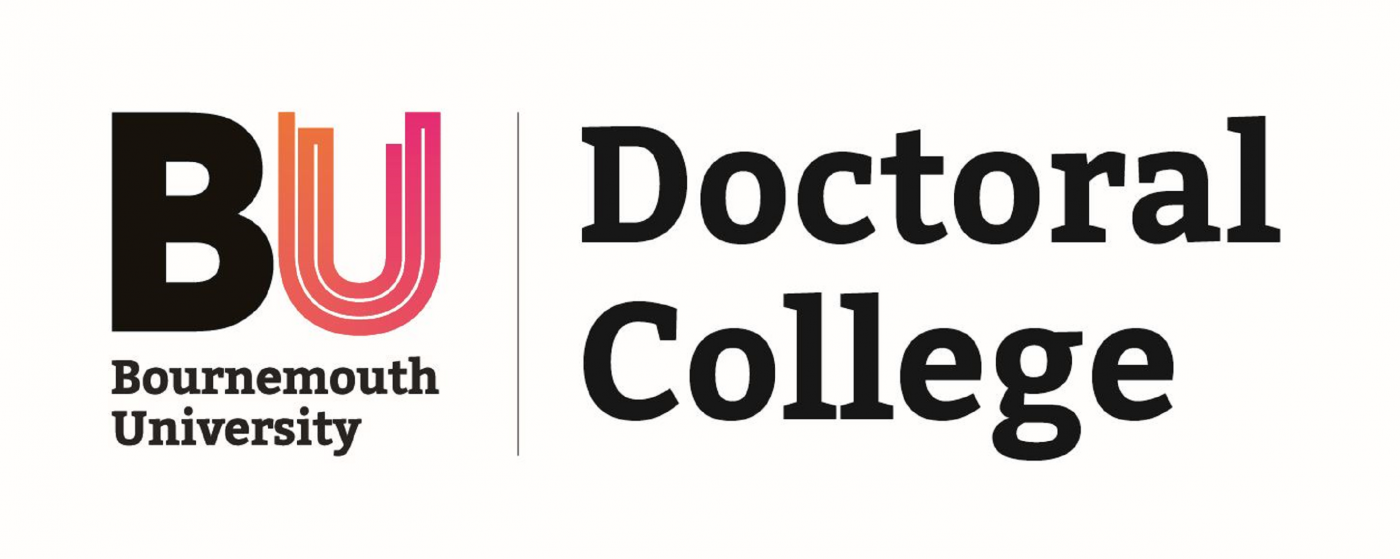
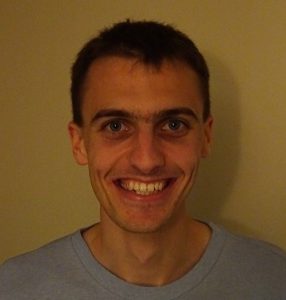

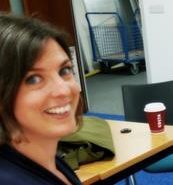
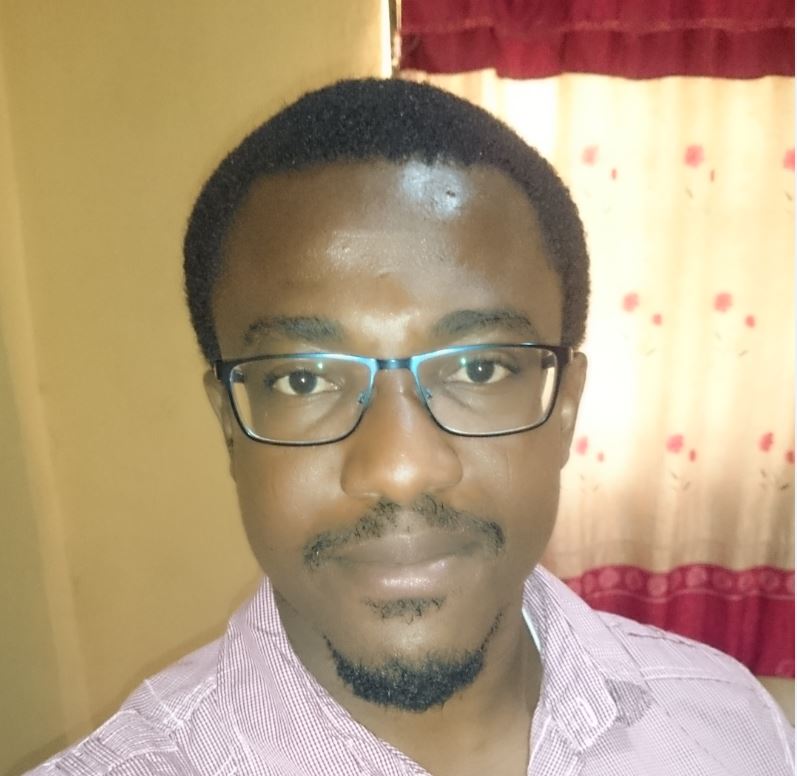
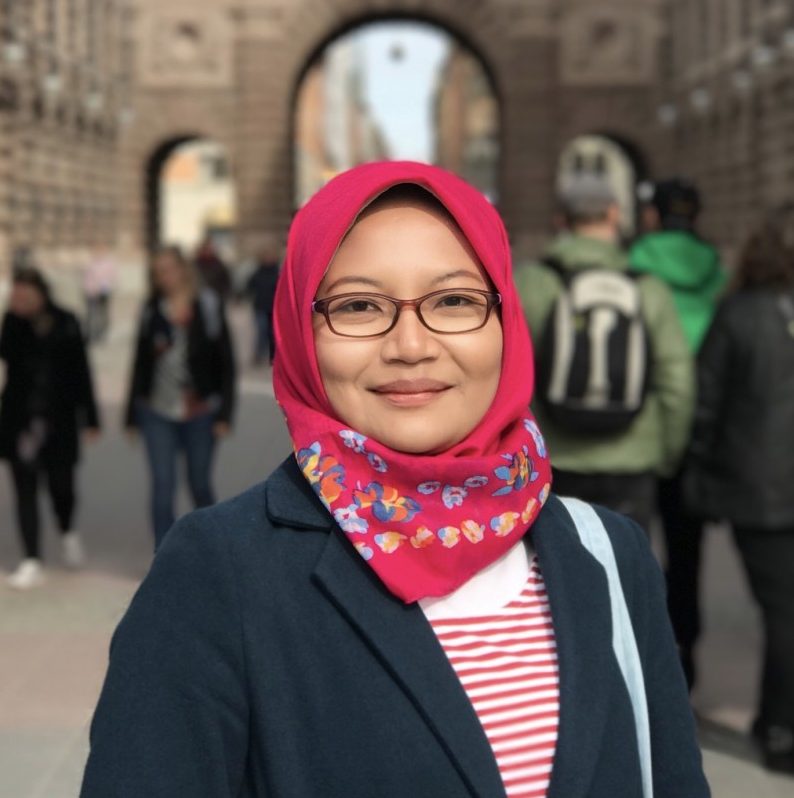
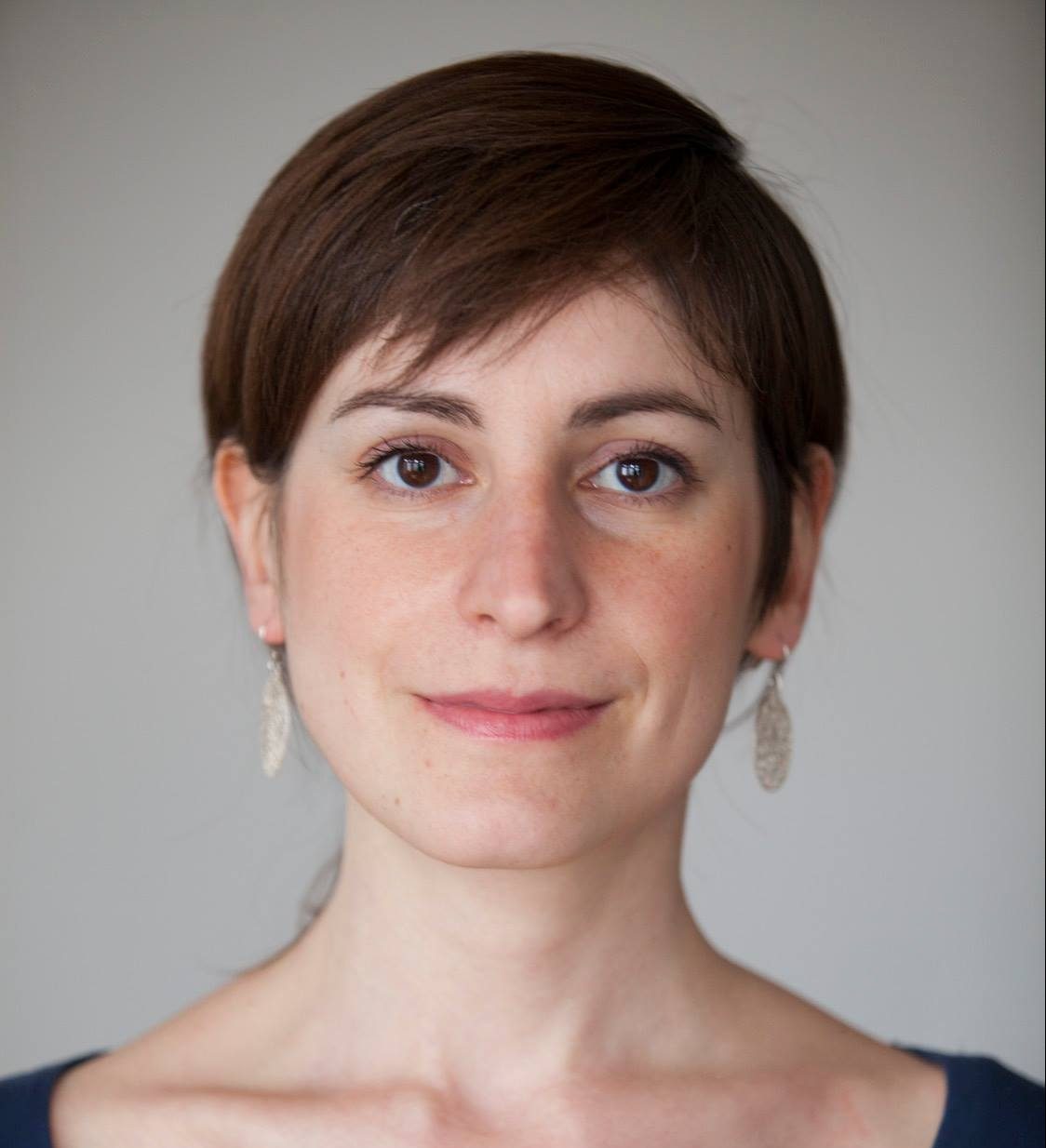











 April’s Café Scientifique – Should we help machines understand and respond to our emotions?
April’s Café Scientifique – Should we help machines understand and respond to our emotions? Postgraduate Research Experience Survey (PRES) 2024 – 2 WEEKS LEFT
Postgraduate Research Experience Survey (PRES) 2024 – 2 WEEKS LEFT Working with The Conversation: online training session – Wednesday 8th May
Working with The Conversation: online training session – Wednesday 8th May Apply for up to £1,000 to deliver an event and take part in a national festival of public engagement with research
Apply for up to £1,000 to deliver an event and take part in a national festival of public engagement with research MSCA Postdoctoral Fellowships 2024
MSCA Postdoctoral Fellowships 2024 Horizon Europe News – December 2023
Horizon Europe News – December 2023